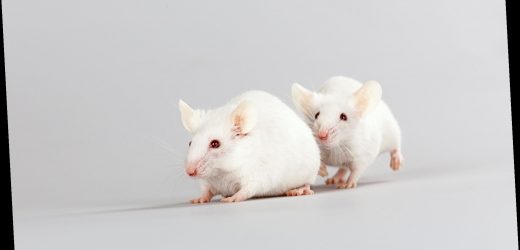More On:
rodents
NYC Chipotle besieged by rats feasting on avocados, biting employees
Meet the toxic killer rat that figured out how to take out an elephant
Pandemic inspires woman to open restaurant for chipmunks
NYPD cop removes possum from Manhattan window ledge
“I feel your pain,” says one mouse to the other.
Humans have been known to “catch feelings” from time to time, but mice are rubbing off on each other a feeling much worse: pain.
On the other hand, they’re also benefitting from secondhand relief, leading Stanford neuroscientist Monique Smith to wonder how physical empathy could be applied to therapy for patients with emotional and behavioral disorders.
“Pain isn’t just a physical experience. It’s an emotional experience,” Smith told Science News.
The new study, published last week in Science, described experiments in which mice companions were observed following painful injections and prodding by lab scientists. They found that the unaffected mouse displayed behavior and a heightened physical sensitivity consistent with its pal, the one who had actually endured the shot.
This effect worked both ways. In another test, one mouse got the poke, while the other got a palliative dose of morphine. In a few hours, the mouse who originally drew the short straw seemed as relaxed as his blissed-out buddy.
Brain scans revealed that both mice were sparking nerve cells in an area of the brain concerning memory and cognition, two functions associated with human empathy, according to neuroscientists. Neurons in this region also reached parts of the brain dealing with motivation and social behavior — so when researchers decided to block communication between these two parts, they found the mice no longer took on the other’s pain or relief.
A study published in September of last year demonstrated a similar neurological process in binge drinkers, who struggled to exhibit empathy for people in pain compared to non-binge drinkers in the study. A look inside with an MRI showed that the brains of heavy drinkers appeared to be working harder to comprehend the pain of others, and unsuccessfully.
This effect, said study author Theodora Duka, “may facilitate [more] drinking” by obfuscating how their drunken behavior hurts others.
Share this article:
Source: Read Full Article


